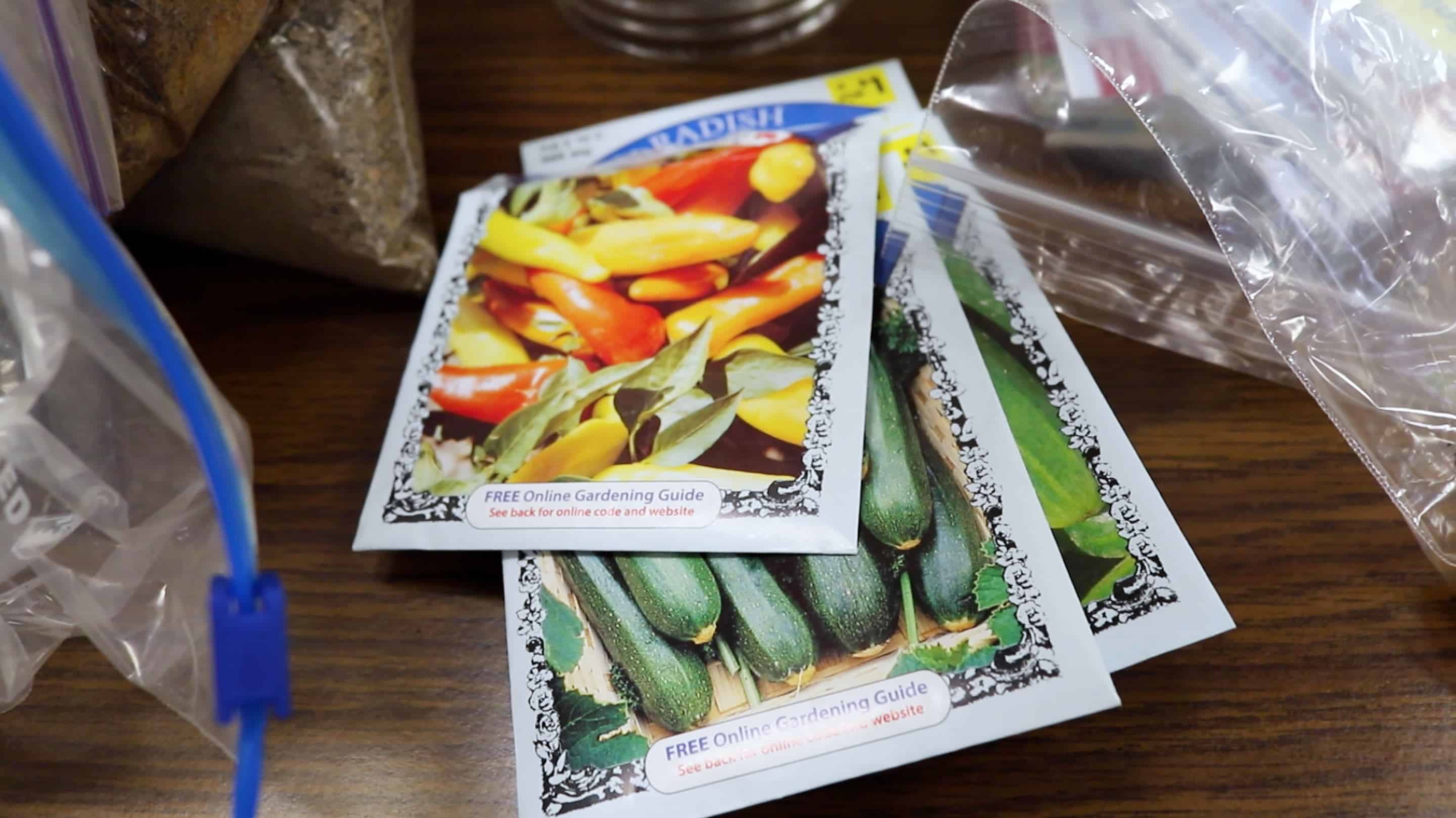You see them on your drive to the beach. The rolling fields of tobacco, soybeans, corn, cotton, and wheat. You see them on your trips west to the mountains. The cows, the hay fields, and the vineyards.
It makes for a scenic drive, a gentle reminder of what North Carolina once was, and the livelihood that once dominated this state.
But it’s too often a detached experience. The scene rolling across the tightly-sealed car windows like any other projection on our mobile devices, computer monitors, or television screens. It is just another high-definition viewing experience.
Even with the explosion of the Farm-to-Fork movement, the proliferation of CSA’s in our suburban and urban communities, and the apex of the organic farming movement, agriculture is still too often seen as the remnant of a more pastoral and bucolic era in our state’s history.
As the migration from the state’s rural communities continues, more and more young people in our metros are now detached from the hard, messy, and rewarding labor of growing one’s own food.
Rural places are facing a myriad of problems these days. They are all well documented. There’s the ongoing struggle to improve poor health outcomes. There’s the persistent problem of intergenerational poverty. There’s the struggle to support public schools. There’s the loss of living-wage, middle-class careers.
Yet in those communities, the state’s largest industry — agriculture — literally sits next door.
But like their urban cohorts, many rural young people are now detached from the process that feeds and clothes the state, nation, and world.
And in those climate-controlled vehicles, as we sit mesmerized by the natural beauty of this state, we often do not give thought to the craft and science of farming. Perhaps instead of driving past a picturesque field, more people should take the time to climb into the cab of a half-a-million dollar combine and work the state-of-the-art computer system.
Agriculture feeds our families, but it also provides jobs. Jobs that are increasingly high-tech and steeped in the fields of science, technology, engineering, and mathematics.
It’s a connection that is too often overlooked in the classroom.
But the North Carolina Farm Bureau is trying to bring that connection to North Carolina schools. The Bureau brought its Ag in the Classroom program to Kenansville Elementary School in Duplin County last month, hosting a professional development workshop for elementary- and middle-school teachers on how to incorporate agricultural-themed projects into their classrooms and daily curriculum.
We will give you a glimpse into the program over the next few days, showing how it reconnects North Carolina education with the state’s agricultural roots. First, here’s a short preview of what happened at Kenansville Elementary School last month.



